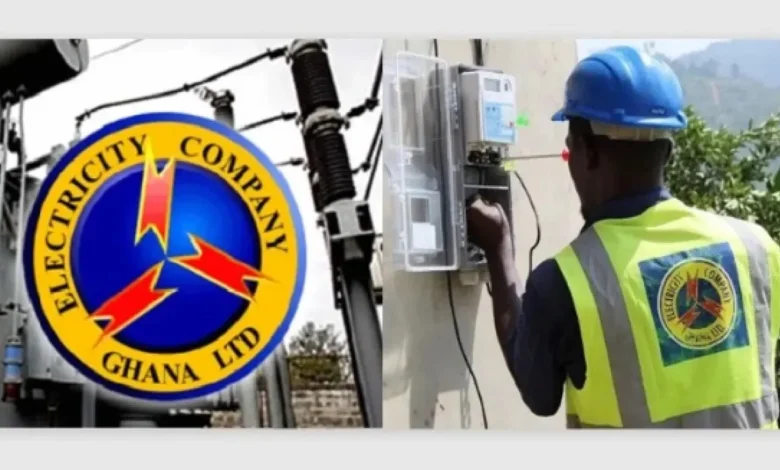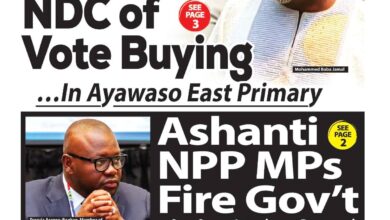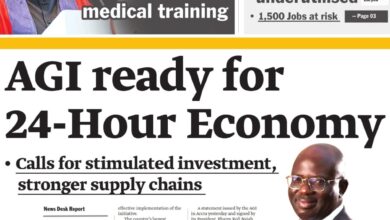Can Ghana’s Energy Dreams Withstand Quarterly Tariff Hikes?

As the National Democratic Congress (NDC) rolls out an ambitious plan to overhaul Ghana’s energy sector, a critical question looms: can these promises survive the reality of quarterly utility tariff adjustments?
The NDC has pledged sweeping reforms, including achieving universal electricity access by 2028, reducing losses at the Electricity Company of Ghana (ECG), and establishing a Renewable Energy Authority. Their agenda also features investments in infrastructure, local manufacturing of solar panels, and integrating renewables like solar, wind, and nuclear into the national grid.
However, these aspirations come against a backdrop of regular tariff increases mandated by the Public Utilities Regulatory Commission (PURC). Since 2023, Ghana has shifted to a quarterly tariff adjustment policy, aimed at aligning electricity and water tariffs with real-time economic indicators such as inflation, exchange rate fluctuations, and fuel costs.
Analysts argue that these adjustments, while painful for consumers, are essential for the financial viability of power utilities. “If the utilities can’t recover costs, the entire system becomes unsustainable,” said a source familiar with PURC policy. The mechanism also aims to reduce the energy sector’s debt burden and encourage private sector investment.
The NDC acknowledges this complexity. In its manifesto and recent policy outlines, the party notes that economic realities like these must be balanced with social protections. To that end, the party plans to review the current tariff structure to ensure affordability for domestic and industrial consumers.
Despite the pressures, energy experts believe the NDC’s goals are technically feasible if implemented strategically. Quarterly adjustments could even help if used to stabilize the sector, boost investor confidence, and reinvest in modernizing infrastructure. “A sustainable tariff regime is not the enemy of development—it’s the enabler,” said energy economist Dr. Nana Mensah.
Still, affordability remains a concern. Frequent hikes could alienate low-income households and stall efforts to electrify rural areas, potentially undermining the very target of universal access. There’s also political risk: growing dissatisfaction over energy costs could erode public support for long-term reforms.
Moreover, fulfilling these promises will require more than just funding—it demands institutional reform, transparency, and strong regulatory oversight.
The Path Forward
The NDC’s vision represents a bold step toward energy transformation. But realizing it will depend on how well the party manages the delicate dance between economic realism and social equity.
Whether Ghana can light up every home while keeping the lights on in its power sector may well depend on how this balancing act unfolds.
Story By Gideon Elorm Agbakpe





